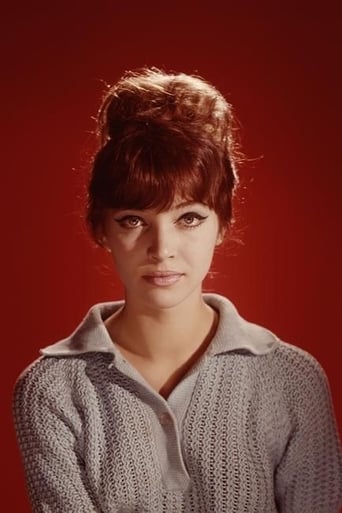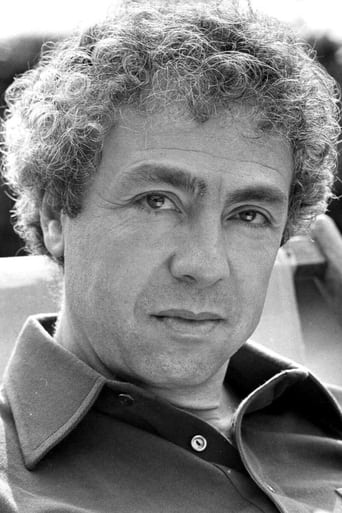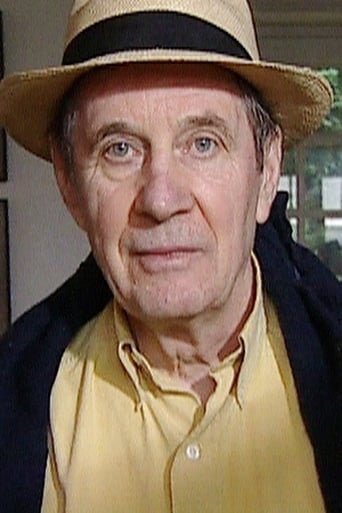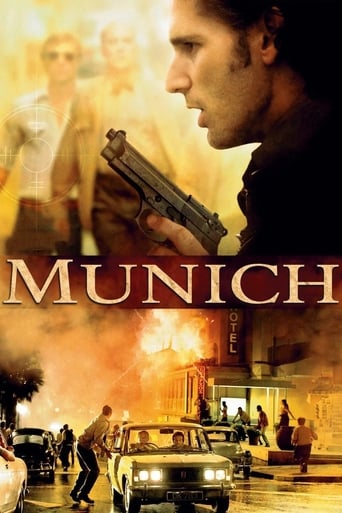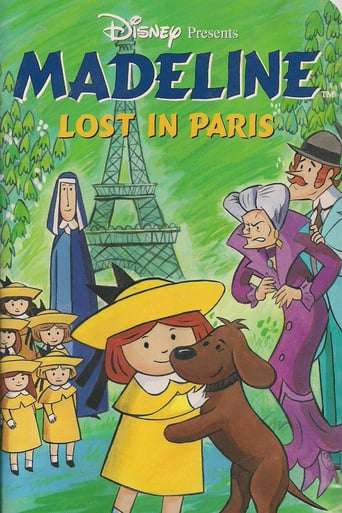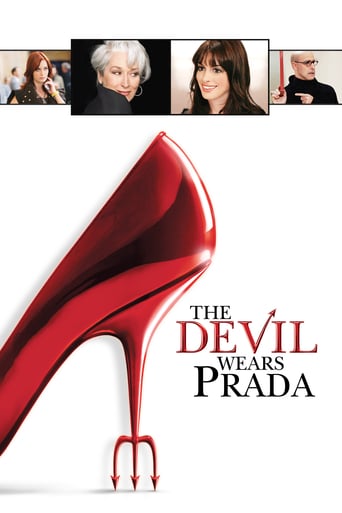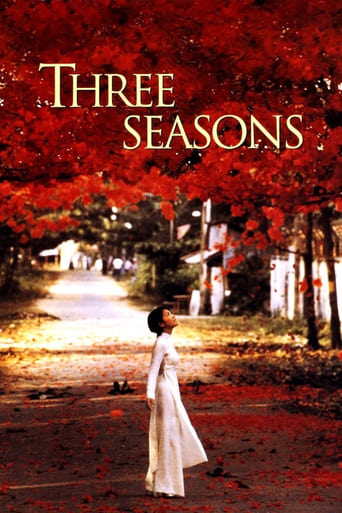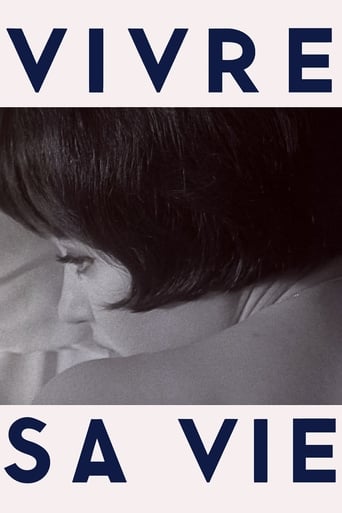
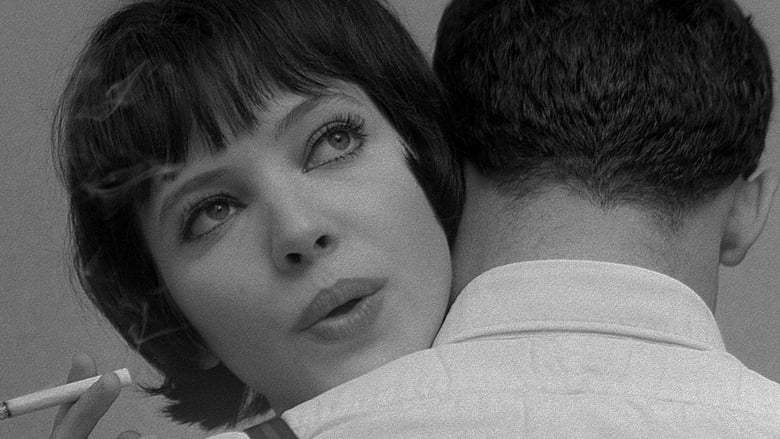
Vivre Sa Vie (2006)
Twelve episodic tales in the life of a Parisian woman and her slow descent into prostitution.
Watch Trailer
Cast
Similar titles


Reviews
I wanted to but couldn't!
Excellent but underrated film
I am only giving this movie a 1 for the great cast, though I can't imagine what any of them were thinking. This movie was horrible
Good films always raise compelling questions, whether the format is fiction or documentary fact.
MY LIFE TO LIVE is a drama about the degradation of a young life.A beautiful Parisian in her early twenties, leaves her husband and their son hoping to become an actress. She's a rebellious young woman who is prone to delusions. She elects to earn money as a prostitute. Soon she has a pimp, however, she meets an intelligent young man ...Mr. Godard has showed us the life of a young woman in the 12 short episodes. She has got a scar on her body or her soul in each of the episodes. A young person who is on the verge of despair, wants a better life. However, like most of the characters from the French New Wave, she is looking for something that is not precisely determined.The dialogues are direct and filled with dark tones. A depressive attitude is an expression of sincerity in this film. A technique and frames are quite strange. I had an impression that the protagonists flee from a camera in certain scenes. The story is intimate but not a quite tragic. Close-ups of the face of the major actress leave a strong impression of confusion and ignorance.Anna Karina as Nana Kleinfrankenheim is a lonely woman, who is lost in her own pathos and her inability to adapt to the real world. She is an outsider and every new experience strikes a blow to her self-confidence. In the end, she is cute and helpless thing who found meaning (love), for which she will not have time.This is very interesting, but not convincing.
I remember being stunned when i saw this in the cinema in the 60s and i am delighted to find that it holds up so well. The chapter heads look a little forced now but that hasn't stopped others copying it and it does avoid the compulsion to adhere to a strict narrative flow. Wonderful performance from Anna Karina and such good cinematography from the masterful, Raoul Coutard. We see nothing in the round, nothing in the whole. A corner of a wall, part of a poster or street sign and only bits and pieces of the performers most of the time. A marvellous sequence in a record shop begins fairly ordinarily then runs along the record racks before slipping sideways and giving us a view out of the window. It is not forced or theatrical but just how things really are. The opening section is set with the boy and girl sat at a mirrored bar. We see only the backs of their heads but for the occasional reflection, yet it seems so real, a truth touched upon in all its fragility. The dialogue throughout most of the film is stark and spare but more poetic and rounded towards the end, culminating in the inspired 'chat' between Karina and 'the philosopher' when all is made clear. The denouement is a farcical but dreadful surprise and the direction throughout, assured and audacious. This may or may not be truth 24 frames a second but certainly it is true cinema!
VIVRE SA VIE was Jean-Luc Godard's fourth feature film. The protagonist Nana (Anna Karina) is a young Parisian woman who is not especially bright, but full of life and endowed with great beauty. Unable to make ends meet by working at a record shop, and unable to break into films as she dreams, she starts to work as a prostitute. Postwar French law permitted prostitution, with certain rules and regulations that the film explains in a documentary-like segment. Nana, who yearns to live her life according to her own desires, initially thinks that this new profession has set her free from cares. In fact, Nana's liberation from penury through prostitution only subjects her to new constraints imposed by her pimp and clientèle. The film, divided into twelve tableaux with fade-to-black transitions that quicken as it goes on (which one commentator compares to breathing faster and faster) brings us to one of the most shocking endings I have ever seen.This is a superlative film. Clocking in at 85 minutes, it lasts exactly as long as its story demands, with not a single moment that feels superfluous. Everything fits together, perfectly even things that ought to seem extraneous, the overindulgence of the auteur. Early in the film Nana goes to see Carl Dreyer's 1928 silent film "La Passion de Jeanne d'Arc", and this is not a mere gratuitous tribute to earlier cinema as is common in French New Wave films. Nana speaks with an elderly philosopher in a café, who is in fact the real-life philosopher Brice Parain whose dialogue here consists of his own writings, and yet this is not shallow intellectualism. Rather, these scenes increase the three-dimensionality of Nana as a character: not very intelligent and with negligible education, an easy woman since long before the film begins, but feeling strongly that there must be more out there.The believability of Nana as a character is increased all the more by Anna Karina's masterful performance. When coming to Godard's films, after the filmmaker has taken a beating from some circles, one might think that Karina was simply a beauty with no especial talent that enchanted the director due to her looks and foreign origin. Nope, the Danish actress here presents a completely believable Parisian airhead who is so easily moved by sentimental art.
The crux of 60's Godard. His quirks are broken down into twelve segments manageable for the inexperienced viewer. If only one Godard film is to be watched, it might be this one. Though none of us would want to live in that world.The film opens with an entrancing first ten minutes. The credit sequence and ensuing scene introduce the crucial theme of acting versus reality. Nana, played by Anna Karina, seems to never truly escape the personality of the actress who portrays her. Instead of avoiding this, Godard embraces the ambiguity and creates an entire film that obsesses over Karina's image. From the credits to "Fin"? the audience, like Nana, is fixated on her outward appearance. She constantly references her desire to be in movies and have her picture taken. Ultimately, she becomes a prostitute, seemingly the only place to turn for a girl who allows herself to be mercilessly controlled by men. This tragedy is underscored by her clear desire to be "special"? and, most potently, in her tearful viewing of Jeanne d'arc, a woman who faces death at the hands of men. Nana's personality and development can be seen as a vehicle for Godard's philosophy on film. The "men photographing women" had become perverted to the point of solicitation and death. The obvious parallels between the ending of VIVRE and BREATHLESS suggest a pessimistic condemnation of contemporary law and society.Godard's deliberate camera motion, defiant attitude towards cinematic grammar, and clear pacing created a film that, though fictional, is one of the most honest human portraits available. Always experimenting with sound, the director never succumbs to standard over-the- shoulder dialogue sequences. Instead, he accesses another level of meaning by making deliberate choices over who is seen when saying specific words. Sometimes there are cuts and sometimes there are pans, but never is there a decision that seems arbitrary or purely for the sake of ease. While Godard's films do own a simple and unashamed quality that might lend itself to less expensive filmmaking, it is clear that his choices serve specific purposes and are always a slave to the greater objectives in the film. One of the most striking scenes in VIVRE SA VIE is where Nana is writing a letter. It is a simple act on which most directors would only spend a few seconds. Instead, Godard places a close-up on the letter and allows the audience to watch the entire process and become engulfed in Nana's (or Karina's) beautiful handwriting and the earnest quality of the letter.VIVRE SA VIE successfully provides a tidy summary of Godard's quirky brilliance. For those willing to explore his genius, this film is the ideal starting place (if not working chronologically). But be careful. Once his capabilities are discovered, they will never leave you.89.8
